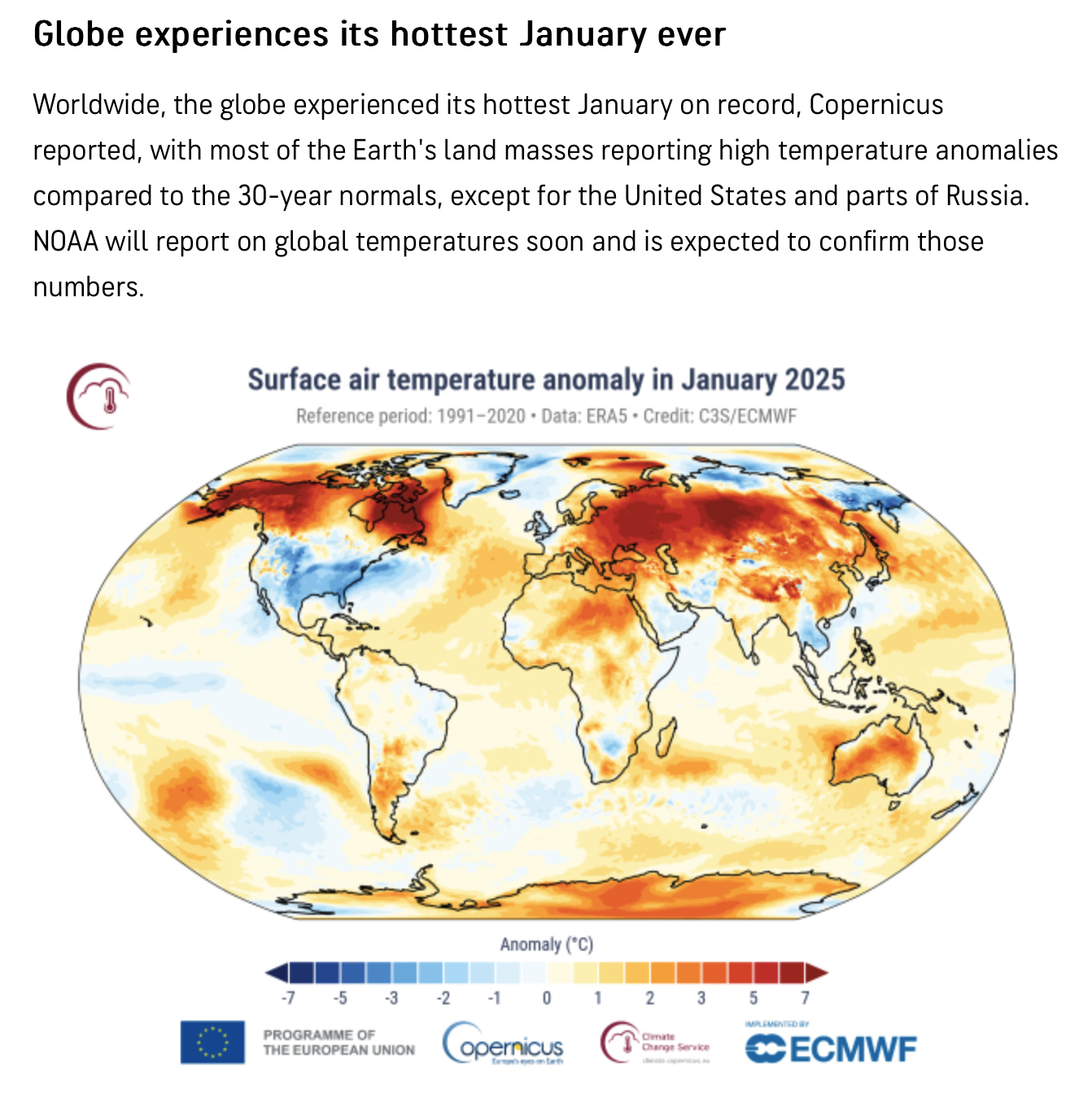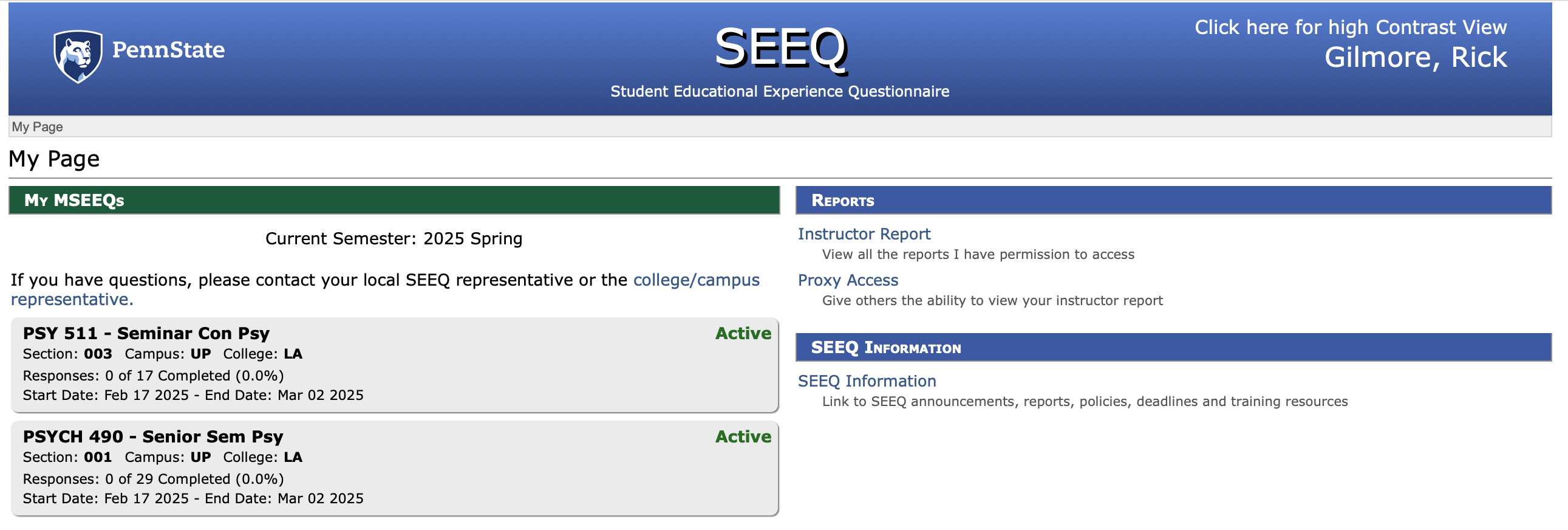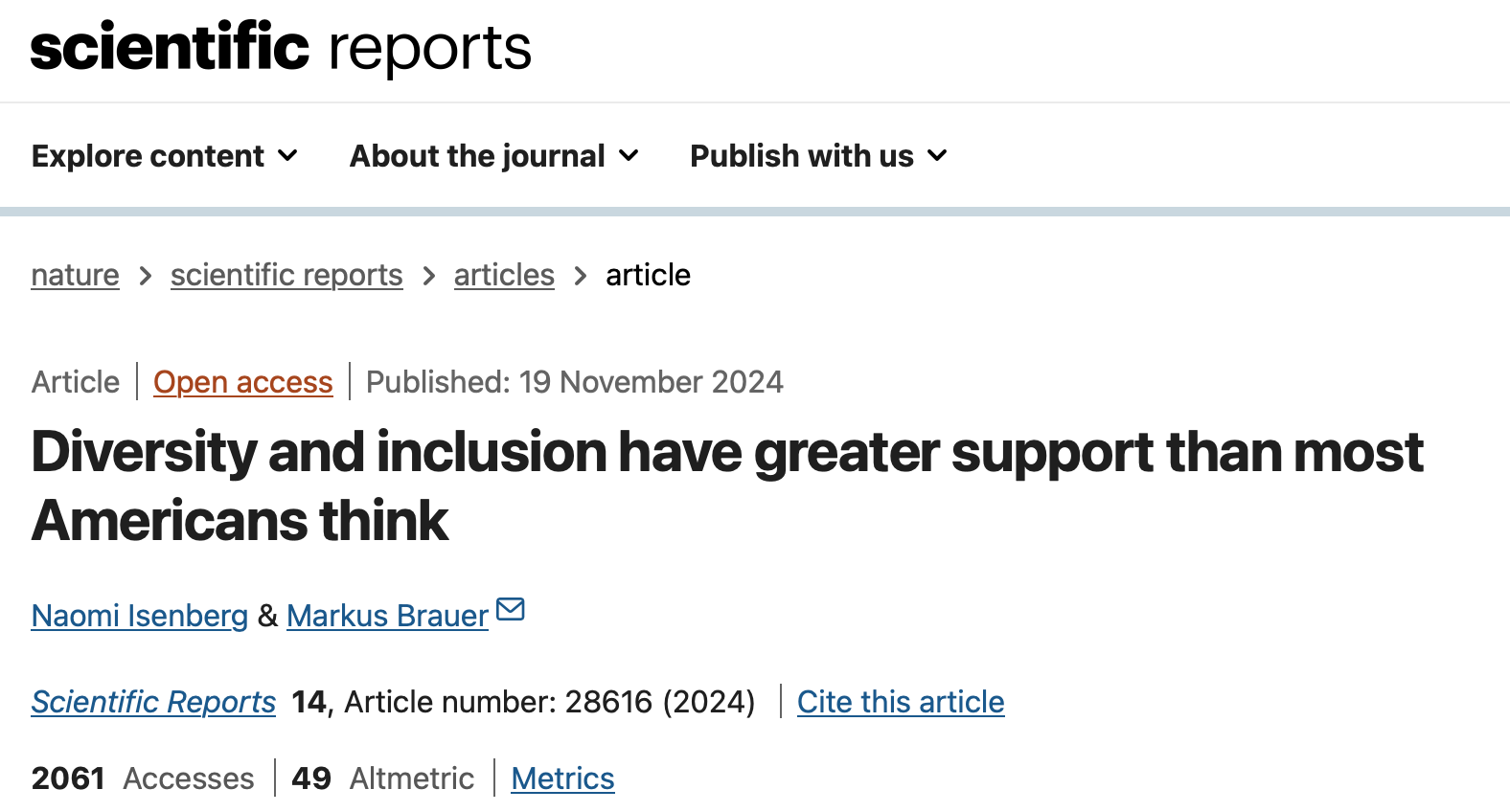This software is distributed under the terms of the GNU General
Public License, either Version 2, June 1991 or Version 3, June 2007.
The terms of version 2 of the license are in a file called COPYING
which you should have received with
this software and which can be displayed by RShowDoc("COPYING").
Version 3 of the license can be displayed by RShowDoc("GPL-3").
Copies of both versions 2 and 3 of the license can be found
at https://www.R-project.org/Licenses/.
A small number of files (the API header files listed in
R_DOC_DIR/COPYRIGHTS) are distributed under the
LESSER GNU GENERAL PUBLIC LICENSE, version 2.1 or later.
This can be displayed by RShowDoc("LGPL-2.1"),
or obtained at the URI given.
Version 3 of the license can be displayed by RShowDoc("LGPL-3").
'Share and Enjoy.'Introduction to R
2025-02-25
Rick Gilmore
Prelude
Galileo’s head was on the block. His crime was looking up for truth…
IndigoGirlsVEVO (2009)
Overview
In the news


Ferrell (2025)
Announcements
- Pending: Final Project proposal
- Pending: Exercise 04

Last time…

What I’m saying
- Can’t & shouldn’t hide from controversy
- Seek light and truth
- Don’t all have to agree
- Should (I hope) agree to continue to debate & discuss
- Seek out, but not require agreement
- Be courageous, not cowardly
Today
- Why R we doing this?
- Getting started with DataCamp
Why R we doing this?
Why learn R?
- It’s fun
- It’s free
- Amaze your friends; dazzle your rivals
- Powerful, especially for manipulating, plotting, and analyzing data
- It will make you a more productive researcher
- Practical job-related skill
Why should psychologists learn R?
- R designed for data manipulation, analysis, & visualization
- Script (program) many stages of your workflow
- Programming reinforces analytical problem solving skills (algorithmic thinking)
- Do this 1st
- Do this 2nd…
- Reproducible == robust, easy to share with others
What if I want to learn another programming language?
- Awesome! Go for it!
- Easier or more poetic to say some things in some languages than in others.
- Python, Matlab, *nix shell programming, HTML/CSS/JavaScript, SQL, C/C++, and Java
RStudio
- Available in PSU computer labs
- Free download from https://posit.co/download/rstudio-desktop/
- Download and install R first
- Install RStudio second
- Coming soon: Run in the cloud
Console
- Talk to R
- Get a reply
Painful lesson #1
Computers are super-literal. They are anally literal. More anally literal than any human being you’ve ever had to deal with.
You’re not going to change them. Being this anal is their superpower.
Just deal.
Parts of console
- Prompt (
>); cursor (|) - History of conversation via up/down arrows
- Enter a command, then hit
enterorreturnto say it to R
Functions
- Tell the computer to do something
- FUNCTION_NAME: what to do
- ARGUMENTS: what to do it to/on and how
sum: function name(1, 4, 7): arguments/inputs- Parentheses are like open hands giving the function something it wants
Getting help
sort() again
The c() command/function
- Concatenates or Combines items into a single thing
Assignments
Assignments (continued)
- Give (assign) number (
61) a useful/informative name (my_age) - Leftward arrow (
<-) (option/alt + minus): assignment command
Don’t use =, use <-
- You can substitute
=but don’t. Use<-. - It’s stylistic, but style matters.
- It’s like saying ‘like’ all the time. Like people will like understand you, but they’ll wonder why you like say like all the time when you really need not.
- It’s also a topic that could get you in a ‘flame war’.
- Avoid flame wars if you can. Life is too short.
Asking questions
- comparison operators (
==,!=,>,<, etc.).
What can we talk to R about?
- Strings (sequences of letters, numbers, characters)
What can we talk to R about?
- numbers
- 3.14159
- 4^2
- 1e3
What can we talk to R about?
- data sets
- plots
- analyses
Code
NULL
Rules for naming things
- Replace spaces (and hyphens/minus characters
-) with underscores (_), and - Start names with letters, not numbers.
- acceptable names for things:
bigly,good_name,a_longer_good_name,Good_name1, and eventhisIsCamelCaseNoUnderscores - unacceptable names:
!good,bad name(has a space) or1_very_bad_name(starts with a number).
Getting started with DataCamp
Sign in
Next time
Communicating uncertainty and risk
Resources
References
Ferrell, J. (2025, February 10). January was coldest in U.S. Since 1988 but globe was warmest ever. Retrieved February 17, 2025, from https://www.accuweather.com/en/climate/january-was-coldest-in-u-s-since-1988-but-globe-was-warmest-ever/1743438
IndigoGirlsVEVO. (2009). Indigo girls - galileo (official video). Youtube. Retrieved from https://www.youtube.com/watch?v=dI1keSSwdcI
